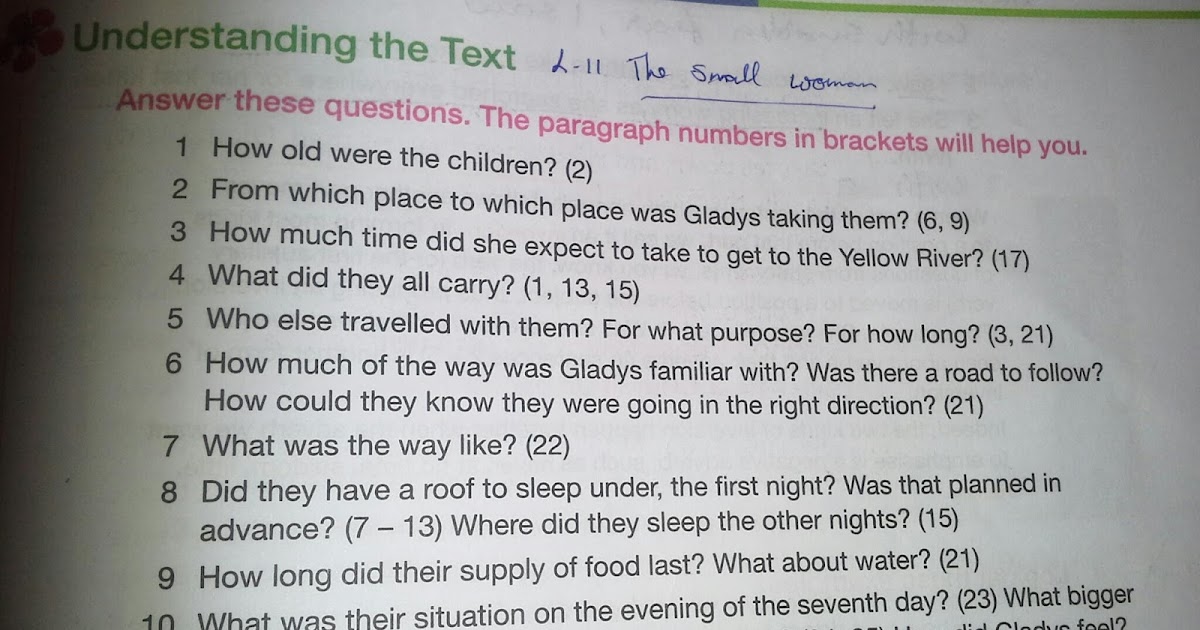

Although his father left an estate of nearly fourteen talents (equivalent to about 220 years of a labourer's income at standard wages, or 11 million dollars in terms of median U.S. According to Demosthenes, the account revealed the misappropriation of his property. Īs soon as Demosthenes came of age in 366 BC, he demanded his guardians render an account of their management. He also practised speaking in front of a large mirror. Plutarch also states that he had "an inarticulate and stammering pronunciation" that he overcame by speaking with pebbles in his mouth and by repeating verses when running or out of breath. In Parallel Lives, Plutarch states that Demosthenes built an underground study where he practised speaking and shaving one half of his head so that he could not go out in public. ĭemosthenes started to learn rhetoric because he wished to take his guardians to court and because he was of "delicate physique" and could not receive gymnastic education, which was customary.

Although his father provided for him well, his legal guardians, Aphobus, Demophon and Therippides, mishandled his inheritance.

Demosthenes was orphaned at the age of seven. Aeschines, Demosthenes' greatest political rival, maintained that his mother Kleoboule was a Scythian by blood -an allegation disputed by some modern scholars. His father-also named Demosthenes-who belonged to the local tribe, Pandionis, and lived in the deme of Paeania in the Athenian countryside, was a wealthy sword-maker. īust of Demosthenes ( British Museum, London), Roman copy of a Greek original sculpted by Polyeuktos.ĭemosthenes was born in 384 BC, during the last year of the 98th Olympiad or the first year of the 99th Olympiad. Cicero said of him that inter omnis unus excellat ("he stands alone among all the orators"), and also praised him as "the perfect orator" who lacked nothing. Longinus likened Demosthenes to a blazing thunderbolt and argued that he had "perfected to the utmost the tone of lofty speech, living passions, copiousness, readiness, speed." Quintilian extolled him as lex orandi ("the standard of oratory"). The Alexandrian Canon, compiled by Aristophanes of Byzantium and Aristarchus of Samothrace, called Demosthenes one of the ten greatest Attic orators and logographers. Demosthenes took his own life to avoid being arrested by Archias of Thurii, Antipater's confidant. To prevent a similar revolt against his own rule, Alexander's successor in this region, Antipater, sent his men to track Demosthenes down.

However, his efforts failed, and the revolt was met with a harsh Macedonian reaction. He sought to preserve his city's freedom and to establish an alliance against Macedon, in an unsuccessful attempt to impede Philip's plans to expand his influence southward, conquering all the other Greek states.Īfter Philip's death, Demosthenes played a leading part in his city's uprising against the new king of Macedonia, Alexander the Great. He idealized his city and strove throughout his life to restore Athens' supremacy and motivate his compatriots against Philip II of Macedon. He went on to devote his most productive years to opposing Macedon's expansion.
#Gulmohar english guide for class 6 professional#
For a time, Demosthenes made his living as a professional speechwriter ( logographer) and a lawyer, writing speeches for use in private legal suits.ĭemosthenes grew interested in politics during his time as a logographer, and in 354 BC he gave his first public political speeches. He delivered his first judicial speeches at the age of 20, in which he successfully argued that he should gain from his guardians what was left of his inheritance. Demosthenes learned rhetoric by studying the speeches of previous great orators. His orations constitute a significant expression of contemporary Athenian intellectual prowess and provide insight into the politics and culture of ancient Greece during the 4th century BC. θ ə n iː z/ Greek: Δημοσθένης, romanized: Dēmosthénēs Attic Greek: 384 – 12 October 322 BC) was a Greek statesman and orator in ancient Athens.


 0 kommentar(er)
0 kommentar(er)
